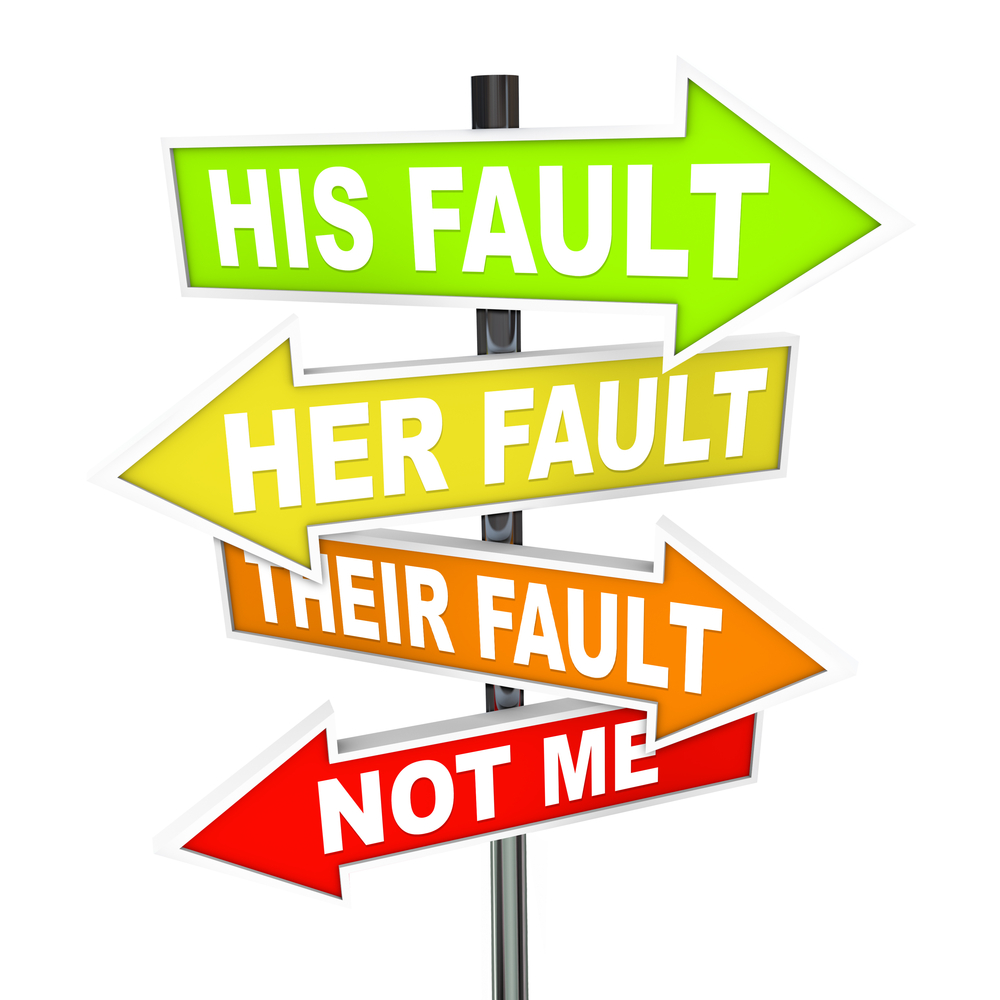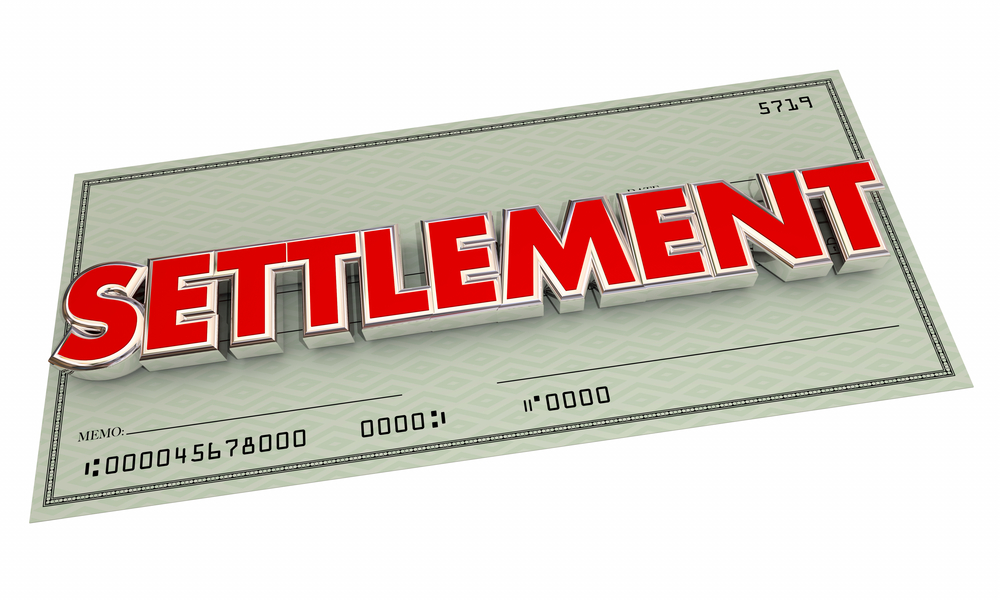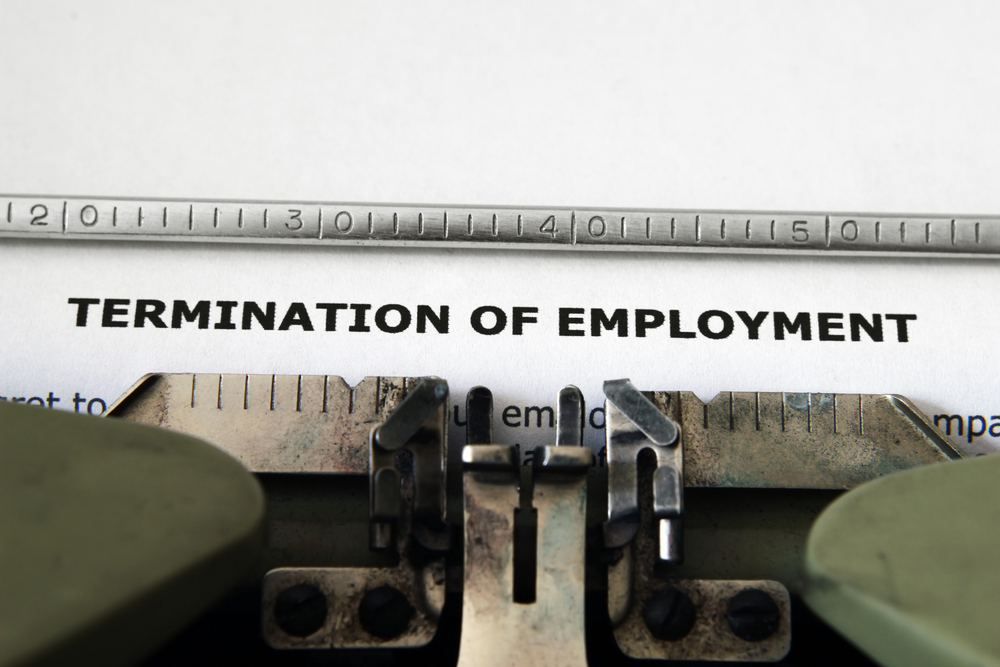Comparative Fault Applies when Substance of the Action is Sounded in Negligence
In previous postings (check here and here) I discussed the doctrine known as comparative fault or comparative negligence referenced in Florida Statute s. 768.81. This is when the trier of fact allocates a parties percentage of fault to the damages claimed by the plaintiff. A party can only be liable for their pro rata percentage of fault and fault can even be allocated to the plaintiff. This doctrine typically applies in negligence claims. However, in a recent construction dispute dealing with only economic damages, further discussed here, the appellate court considered that Florida Statute s. 768.81 focuses on the...
Continue reading













